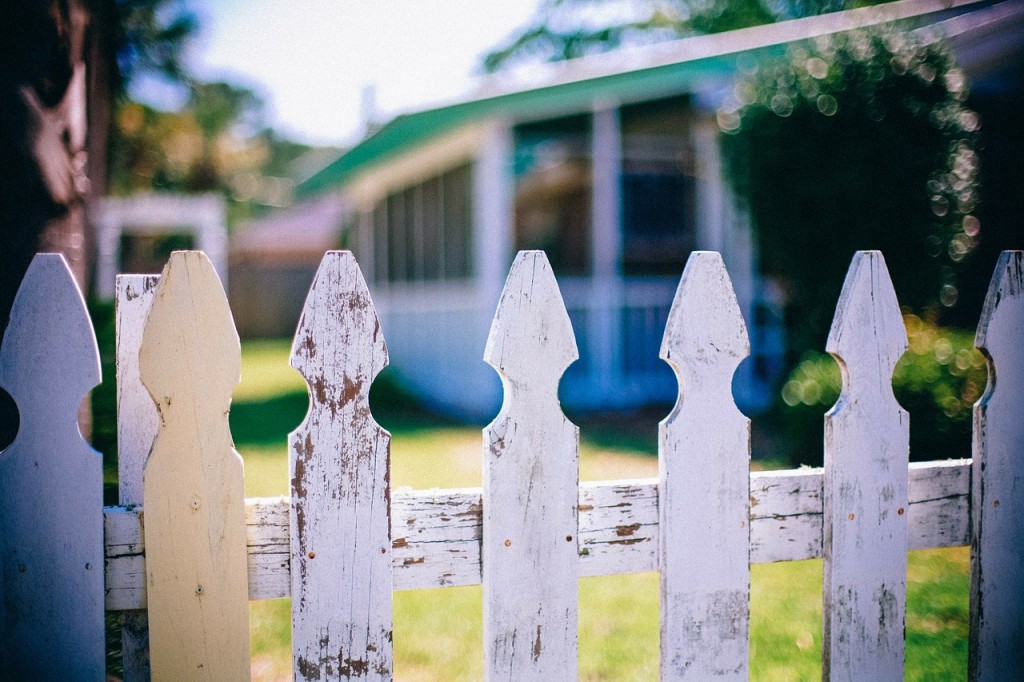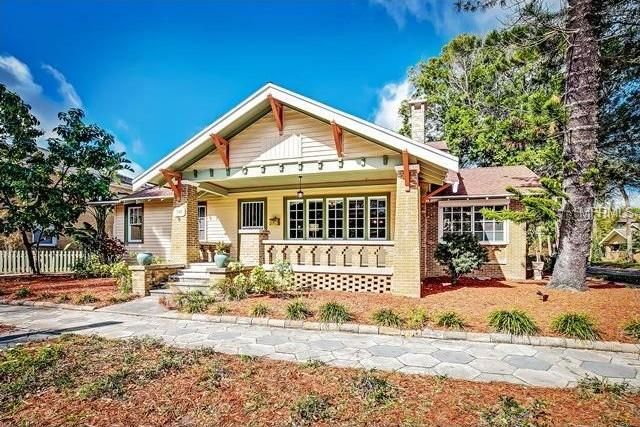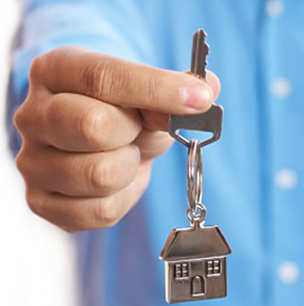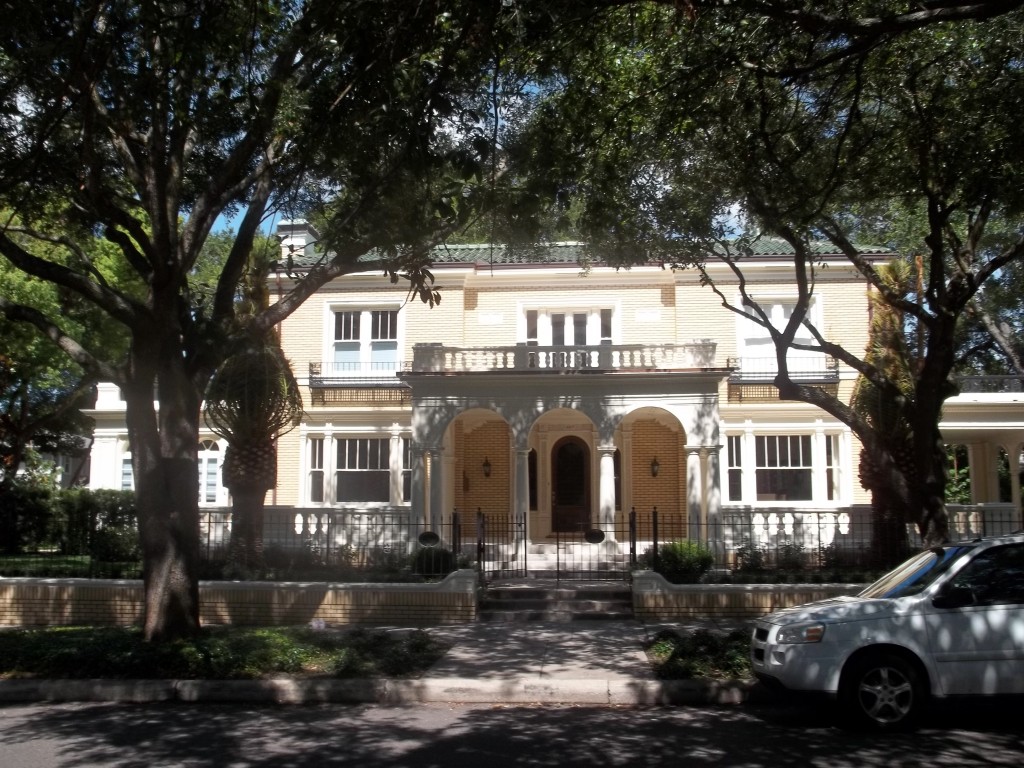You’ve heard of FoMO or “fear of missing out” right? With the heavy influence from social media and celebrity worship culture, some psychologists say it’s quickly becoming an epidemic. What is fear of missing out? It’s anxiety that you’re missing something if you’re not partaking in the same activities or owning the same possessions that others are. This fear leads to the compulsion to seek out the things that are the “latest and greatest” or events that are popular. This phenomenon isn’t limited to just wearing the hottest trends in clothing, never missing a happy hour, or checking your smartphone every thirty seconds. It can also trickle it’s way into larger decisions, like buying a home.
If you find yourself asking “Am I missing out on a better deal?” “Am I going to make a mistake if I don’t act now?” you may be a FoMO Buyer and you may have to deal with potential regrets later on. So how do you avoid becoming a FoMO buyer?
Be Realistic
It may seem like we say this over and over again but being realistic about your financial situation and lifestyle will prevent a myraid of problems for you in the long run. It may seem like every one of your peers are moving into the hottest section of town but if you don’t have the available income to pay the mortgage, you’ll quickly experience regret, if not more dire consequences. While finances may not be an issue, your lifestyle may be. If you work eighty hours a week and travel extensively, you may not have time to maintain a large swath of land. Purchasing in a managed community or a property such as a condominium may be a better fit.

Be Decisive
The FoMO can lead a lot of Buyers to second guess their choices. This usually relates to current trends and styles. If you like a bungalow style home but fear that you’ll make a mistake investing in a home that no one else will want to buy in a few years remember that trends come and go. There’s also the old saying “there’s a lid for every pot” and there will be a buyer for every house. Quality and tradition almost always trump fleeting trends. Purchasing a home that matches your needs and desires instead of the latest trends will almost guarantee you’ll appreciate your decision. Further, once you make a decision stop yourself from continuing your search. You’ll drive yourself crazy with second guessing what could have been.
Don’t Listen to the “Experts”
All those talking heads on television may be saying it’s a great time to buy because interest rates are low and housing prices are moderate but it may not be exactly true. Any time is a good time to buy in an ideal, controlled market but most markets aren’t controlled and steady. They fluctuate during the year depending on local events and factors. Further, individual circumstances, such as debt and credit scores, may affect the “low” interest rate mortgage a Buyer may be able to secure. Bottom line is don’t listen to the talking heads and their urging that those who don’t buy during the current conditions will miss out for years to come. Talk with a local expert, someone who is experienced and entrenched in your local market.
Keeping a level head and objective view about your home buying decision will help you avoid becoming a FoMO buyer and the regrets that eventually come with it.












